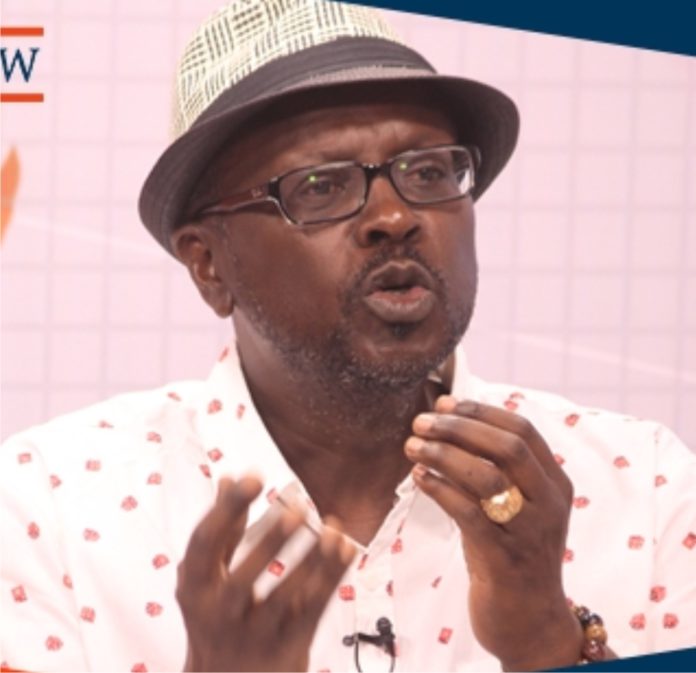US-based Ghanaian lawyer, Professor Stephen Kwaku Asare, has raised serious concerns over the Electoral Commission’s (EC) decision to order a rerun of the election at one polling station in the Dome Kwabenya Constituency.
According to him, this decision undermines the fundamental principle that the will of the people is paramount, a principle consistently upheld by courts, including in the landmark case of Akufo-Addo et al. v. Mahama et al.
Professor Asare explained, “The ultimate purpose of election results is to reflect the will of the electorate. If the results declared on the training sheet are accurate and verifiable, rejecting them solely because of the medium used is akin to throwing the baby out with the bathwater.”
He cautioned that such actions risk disenfranchising voters and eroding the core of democratic governance.
Expressing further concern, Professor Asare criticized the EC’s reliance on procedural grounds to nullify results, particularly at the Abokobi Women’s Development Centre 2 polling station, where training sheets were used instead of the official statement of poll.
He described this decision as prioritizing form over substance, warning that it sets a dangerous precedent.
“The commission’s rejection of the declaration on a procedural technicality, without examining the substantive accuracy of the results, strains at a gnat and swallows a camel,” he noted. “While adherence to proper forms is important for electoral integrity, outright rejection without verification undermines public confidence in the process.”
He argued that the EC could have adopted a more equitable approach by verifying the results and re-declaring them using the correct forms, which would have preserved procedural integrity while respecting the electorate’s trust. Instead, the decision appears to favor procedural rigidity over transparency and fairness.
Citing the Akan proverb, “When the rhythm of the drum changes, the dance steps must adapt,” Professor Asare emphasized the need for flexibility in electoral processes to address human error without compromising the will of the voters. “Rejecting declarations on procedural errors without exploring alternatives creates the impression that technical missteps, no matter how minor, can override the sovereign will of the people,” he said.
He also highlighted the inherent complexity of elections, where procedural errors are not entirely avoidable, noting that safeguards exist to verify results. “The voters fulfilled their democratic duty in good faith. Their voices should not be disregarded because an EC official failed to follow proper procedures. Penalizing voters for mistakes beyond their control violates principles of fairness and justice.”
Professor Asare concluded by urging the EC to strike a balance between strict procedural adherence and fairness. “A decision that ignores options for verification and correction fails to achieve this balance,” he stressed.
“Da Yie,” he wrote in his Facebook post.
ALSO READ:
Samira wanted to slay as First Lady, now she’s unhappy –…
Ablakwa alleges GH₵60m transfer to presidency for ‘special operations’
Re-collation: Speaker Bagbin wades into Supreme Court’s ruling



